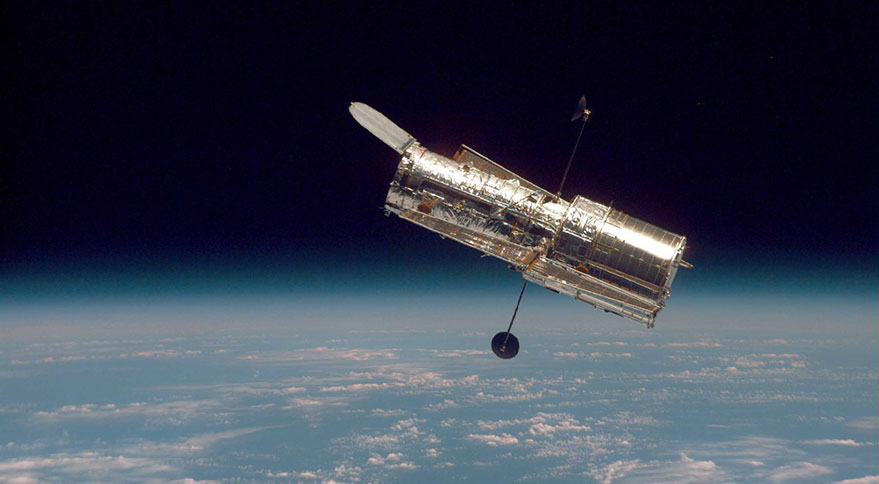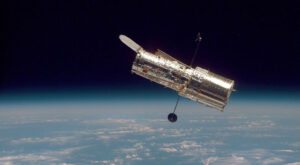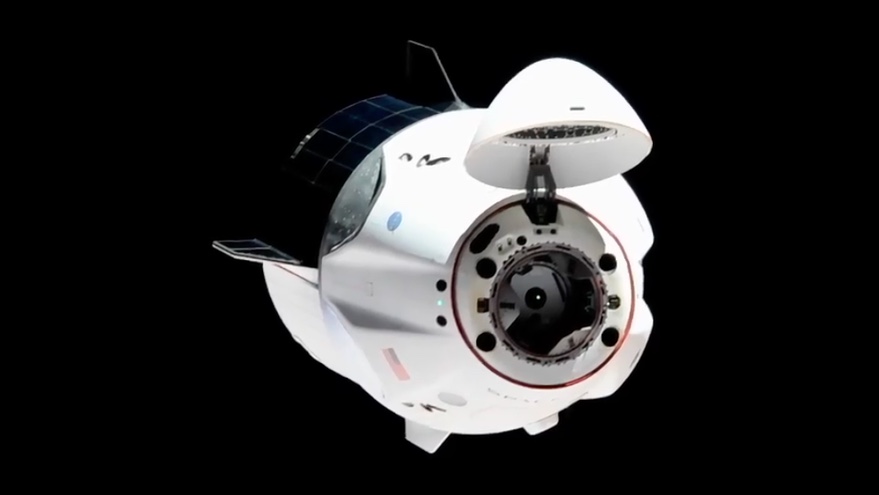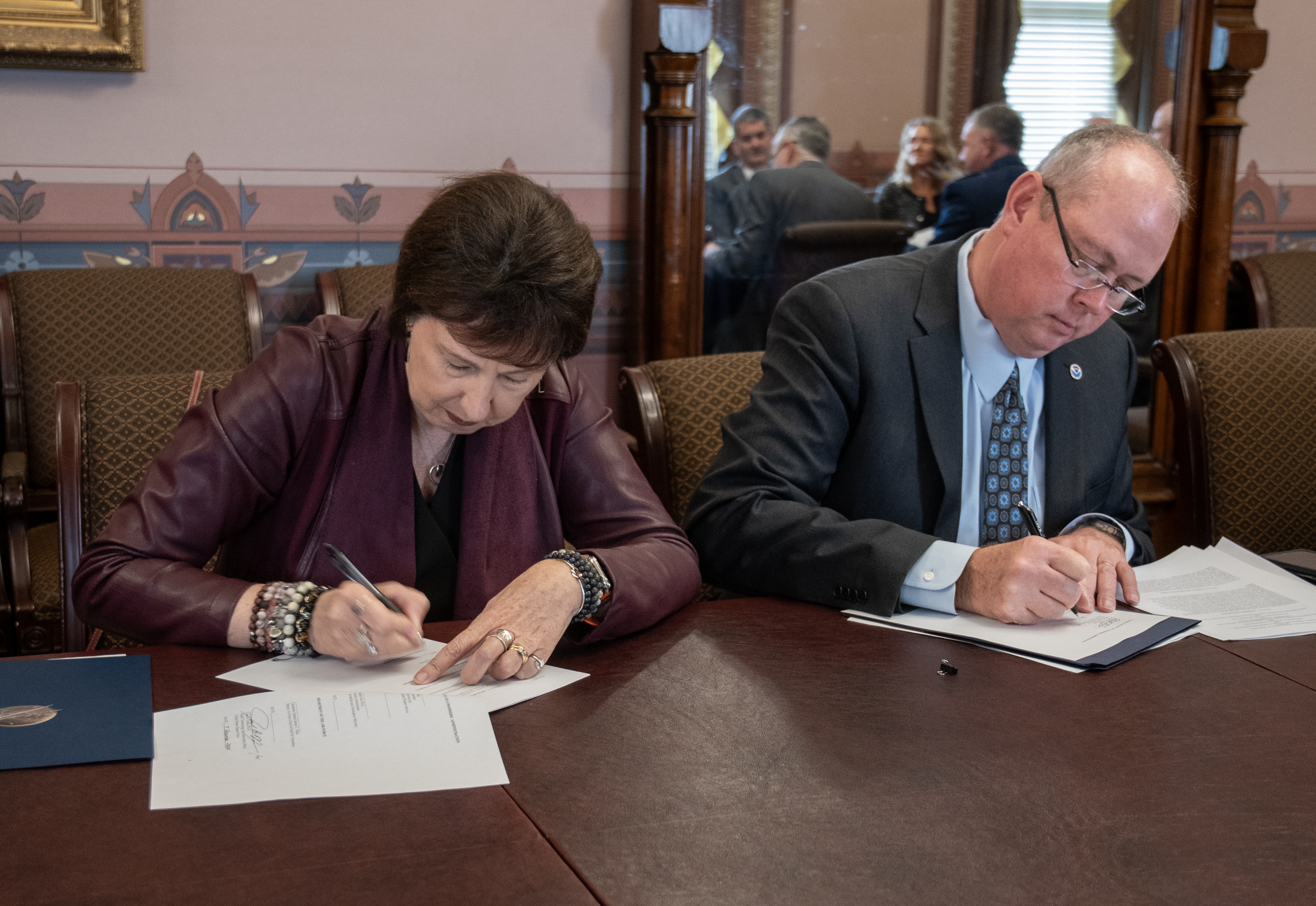Computer problem takes Hubble offline
Spacecraft controllers are continuing to work on a faulty computer memory system on NASA’s Hubble Space Telescope that has stopped telescope operations for nearly a week. SpaceNews


WASHINGTON — Spacecraft controllers are continuing to work on a faulty computer memory system on NASA’s Hubble Space Telescope that has stopped telescope operations for nearly a week.
A payload computer on Hubble stopped working June 13, the agency said in a June 16 statement. Engineers speculated that the computer, used to manage operations of Hubble’s science instruments, malfunctioned because of a degrading memory module, putting the instruments into a safe mode.
The agency said at the time that it would switch of a backup memory module that day and, after about a day of testing, restart the instruments and resume science observations.
However, in a June 18 statement, NASA said those efforts to switch to a backup memory module failed because “the command to initiate the backup module failed to complete.” An attempt to restore the computer with both the original memory module and the backup unit also failed.
NASA didn’t elaborate on the next steps it will take to correct the problem stating only that the operations team “will be running tests and collecting more information on the system to further isolate the problem.” The instruments themselves, and the rest of the telescope, remain in good health.
The payload computer is a 1980s-vintage system that can use any one of four memory modules, each containing 64 kilobytes of complementary metal-oxide semiconductor memory. A backup computer is also available.
This is not the first technical glitch for Hubble, launched 31 years ago and last serviced by the space shuttle 12 years ago. In March, a problem linked to a software “enhancement” recently uploaded to the telescope put the telescope into a safe mode for several days. A faulty gyro took the telescope offline for three weeks in October 2018.
“We do have anomalies. That happens when you have a decades-old observatory, but we have been able to resolve those anomalies,” Nancy Levenson, deputy director of the Space Telescope Science Institute, said at a town hall session during the 238th Meeting of the American Astronomical Society June 8.
She emphasized that the telescope, in general, was working well and remained in high demand among astronomers. The institute, which handles science operations of Hubble and, soon, the James Webb Space Telescope, is making plans for extended operations of Hubble.
“We’re continuing to plan for the very long term,” she said. One example she gave was “COS 2030,” a program to extend the life of the Cosmic Origins Spectrograph, an instrument installed on Hubble on that final servicing mission in 2009, through the end of the decade.





































